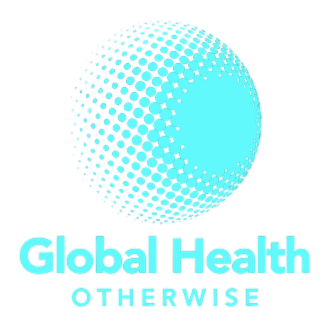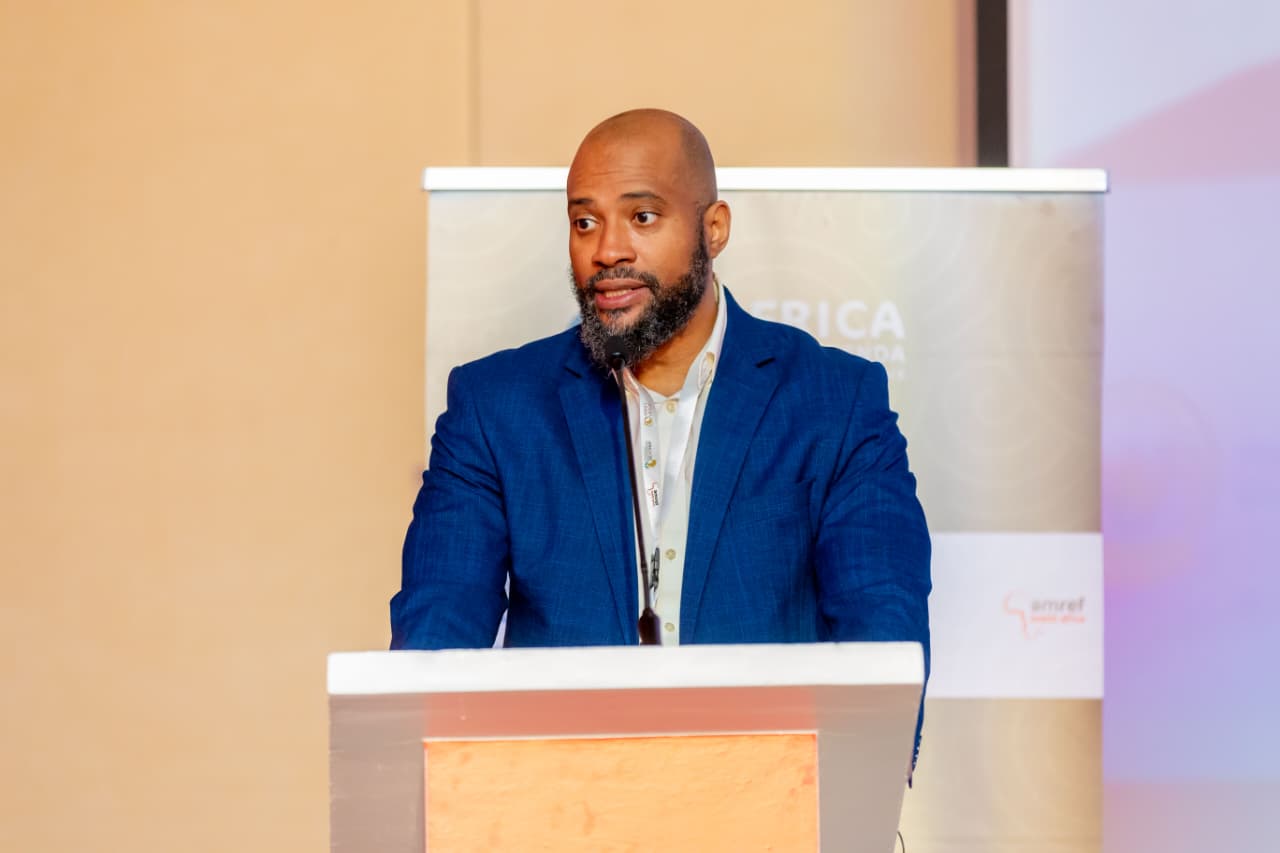For Sam Oti, decolonising global health is not a slogan but a power shift: who decides priorities, whose voice is heard, and whose knowledge counts. In one of his earlier writings—“Decolonising Global Health – Where are the Southern voices?”—he identifies asymmetries in global health practice such as debates and curricula that are dominated by Northern institutions, and vaccine inequalities during COVID-19. He urges movement from rhetoric to action, including curriculum renewal that embeds colonial history, cognitive justice, and accountability for institutions that benefit from the status quo.
In a follow up piece, Dr Oti spoke to a selection of global health practitioners who identified how decolonising global health could improve lived experiences in the Global South. They opined that if global health was decolonized, diverse sources of knowledge will be valued, local communities will have increased accountability, there will be freedom to determine local priorities, and institutions in the Global South will be strengthened.
On the issue of “vaccine/visa apartheid,” Dr Oti argues that African experts must claim decision-making space while dismantling travel barriers that silence participation and distort policy. Building African-led platforms—and removing intra-African visa hurdles—are concrete steps toward equity and self-determination.
On women’s health and innovation, Oti advances a decolonial feminist approach: tackle patriarchy and coloniality together; redefine who is an “innovator”; and design solutions with, not for, communities. This means shifting from one-size-fits-all technologies to context-rooted processes that strengthen agency, interrogate whose interests are served, and aim for structural change—not quick wins.
Funding is power. Oti argues for trust-based, decolonial feminist philanthropy: multi-year, flexible funding; simpler reporting; and multidirectional accountability to communities—so funding practices stop reproducing colonial hierarchies and start resourcing Southern leadership. Early evidence shows this approach strengthens organisations and outcomes. He proposes a framework for Global Health funders who want to work towards becoming authentic allies to their grantees in the Global South: they need to challenge uncontested assumptions underlying their granting practices, provide funding with little or no strings attached, discover new ways of listening and learning from their grantees, and break dependency by committing to empower local organizations.
Taken together, Oti’s agenda reframes “equity” as design, not decoration: equitable authorship, governance, and mobility; feminist approaches that centre lived experience; innovation that measures success by collective wellbeing rather than patents or profit; and partnerships that cede power, resources, and narrative control to those most affected. That is the work of decolonisation—practical, feminist, and justice-centred.
Through Sam Oji Oti’s lens, decolonising global health is a power shift, make equity structural—balanced authorship, African-led platforms, and mobility without barriers for seamless parallel learning and knowledge transfer. Fund differently via trust-based, flexible, community-accountable philanthropy. Measure success by collective wellbeing, not patents. Bottom line: move from rhetoric to action—understand power, change incentives, and centre those most affected.
Brief Bio:
Dr. Sam (Samuel Oji) Oti is a Senior Program Specialist with Canada’s International Development Research Centre, based in the regional office in Nairobi, Kenya. A physician and public health scholar, Oti is a leading voice on decolonizing global health—calling for Southern leadership, equitable authorship, and funder accountability. He has since advanced practical pathways for change, including proposals for authentic allyship by global health funders and contributions to IDRC initiatives that elevate local knowledge, financing, and SRHR innovation across Africa. Oti centers fairness, voice, and dignity—pressing the field to move beyond rhetoric toward redistribution of power, credit, and decision space to the communities most affected by global health decisions.

